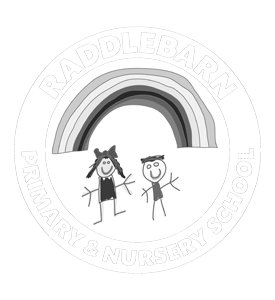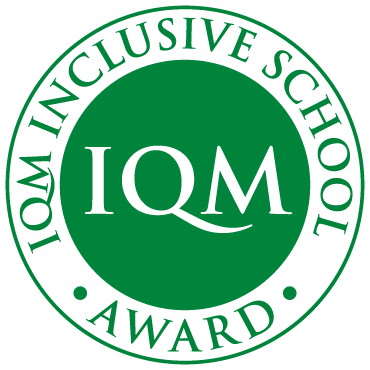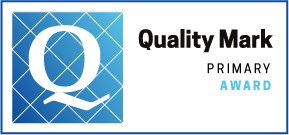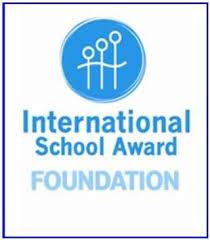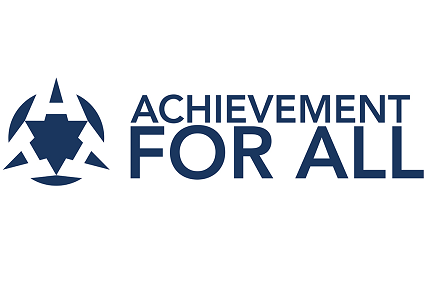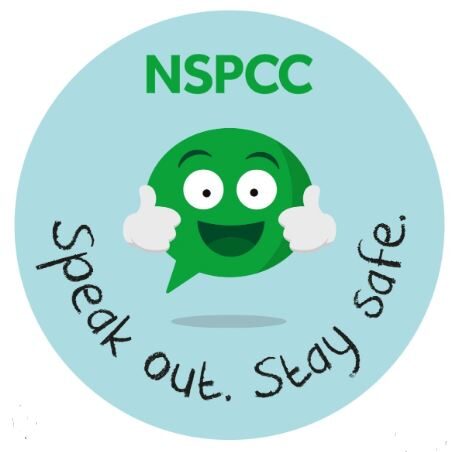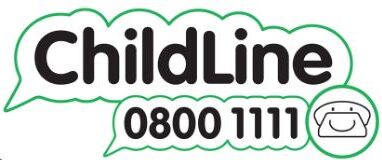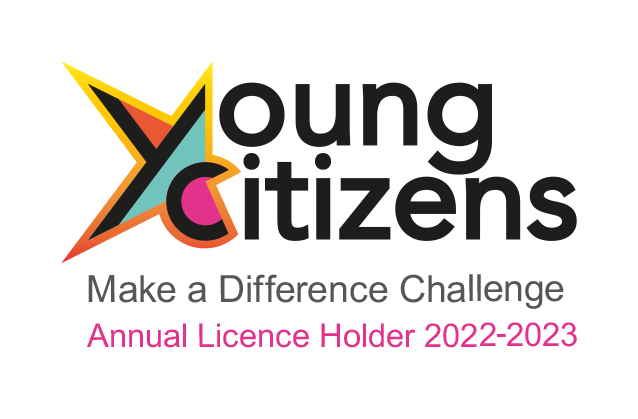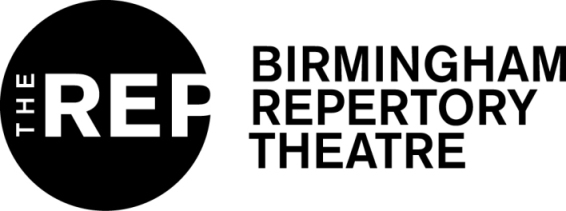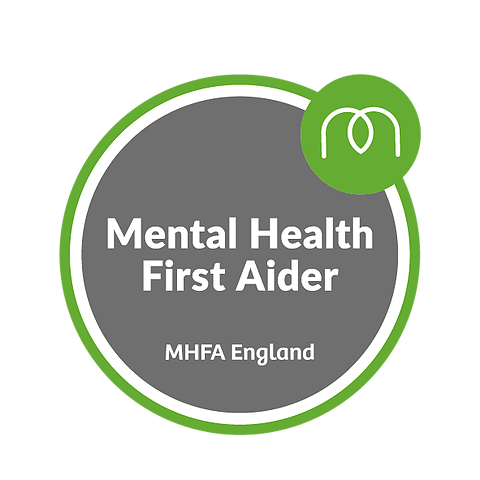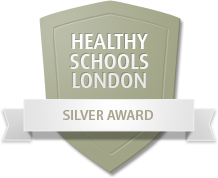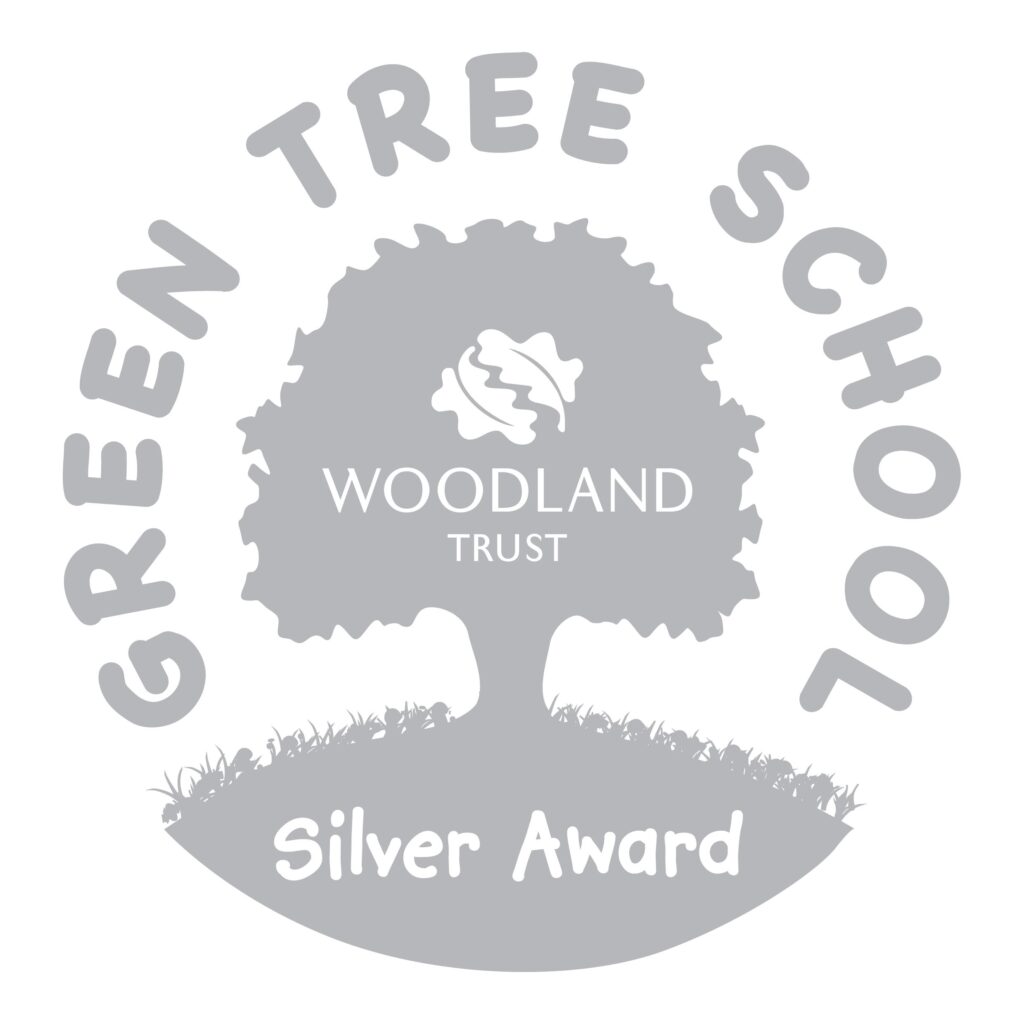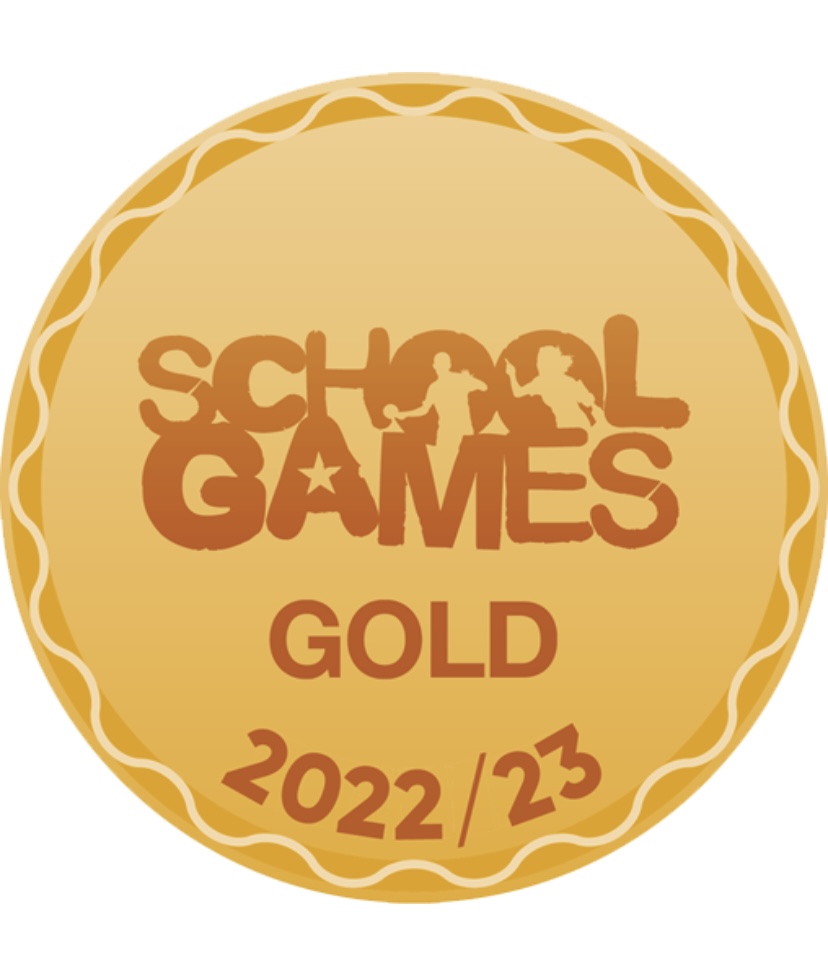 Intent
Intent
At Raddlebarn, we believe that a quality English curriculum should develop children’s love of reading, writing and discussion. We aim to inspire an appreciation of our rich and varied literary heritage, alongside developing a habit of reading widely and often, both for pleasure and information. We aim for all children to be able to read easily, fluently and with good understanding, in turn becoming enthusiastic and confident life-long readers. We recognise the importance of nurturing a culture where children take pride in their writing, can write clearly, accurately and coherently, and adapt their language and style for a range of contexts, purposes and audiences. We also want to inspire children to be confident and competent in the art of speaking and listening, and use discussion to communicate, elaborate and explain their understanding and ideas, and further their learning including through presentations, demonstrations and debates.
Phonics provides the foundations of learning to make the development into fluent reading and writing easier. Through phonics, we strive for children to learn to segment words to support their spelling ability and blend sounds to read words fluently and with ease.
We believe that children need to develop a secure knowledge-base in English, which follows a clear pathway of progression as they advance through the primary curriculum. By the end of Key Stage 2, we aim for all children at Raddlebarn to acquire a wide vocabulary, and an understanding of grammar and knowledge of linguistic conventions for reading, writing and spoken language. We believe that a secure basis in English skills is crucial to a high-quality education and will give our children the tools they need to participate fully as a member of society.
Implementation
The foundations for teaching English are begun in the Early Years Foundation Stage, with the development of a high-quality programme planned within Communication, Language and Literacy, taken from the Statutory Framework for the Early Years Foundation Stage (2021), and supplemented by Development Matters (2021). The teaching of English at KS1 and 2 is underpinned by the expectations and programmes of study set out by the DfE’s National Curriculum (2014).
Raddlebarn has a rigorous and well organised English curriculum that provides many purposeful opportunities for reading, writing and discussion both within English lessons but also across the wider curriculum. A range of writing purposes (alongside quality texts and stimuli) are planned in each year group, linked to class topics, ensuring that cross curricular links are woven into the programmes of study. When planning English reading and writing lessons, teachers make links to other areas of the curriculum to ensure that cross curricular links provide further context for learning. Teaching blocks focus on fiction, non-fiction or poetry, in line with the 2014 National Curriculum, with a sequence of lessons which build on previous learning and include appropriate challenge at all levels.
We teach writing in KS1 and 2 using the Jane Considine approach called ‘The Write Stuff’ which enables children to learn and use the tools needed to write fluently and creatively. It consists of a mix of experience lessons, skills lessons and modelling/writing lessons. In addition, through reading, in particular, pupils have a chance to develop culturally, emotionally, intellectually, socially and spiritually through the exposure to a range of high-quality texts that motivate and inspire. Well-chosen literature, especially, plays a key role in such development. Reading lessons also enable pupils both to acquire knowledge and to build on what they already know.
Assessment for Learning is embedded in all lessons to ensure teachers have a secure knowledge of children’s understanding of key objectives before moving them on. Children are active in reviewing the successes in their work through peer and self assessment, and identifying, with support from their teacher, target areas for development to ensure a continuous and individualised approach to improving their work. Lessons sequences themselves build progressively towards independent tasks (Chance to Shines), which allow teachers to assess against objectives and identify what each child needs to focus on next.
Throughout the year, to raise the profile and celebrate English, Raddlebarn holds regular, well-loved events and has developed some fabulous, long-lasting partnerships:
- Key Stage 1 Bed Time Stories reading event
- Key Stage 2 Reading around the Campfire reading event
- Roving Book Fair
- World Book Day
- Parent Workshops
- Author visits
- Visits to the local library for all year groups (Touch Base Pears or Stirchley Library)
- Bournville Book Fest trip for a KS2 year group
- Regular partnerships with local theatres such as The Hippodrome, The REP and Stan’s Café who work with a number of children across the school on projects and topics.
- Long-standing, regular Beanstalk Reading Volunteers
These enrichment opportunities ensure that all children benefit from access to positive role models from the local community and wider locality, alongside the development of their English skills. In addition, we have a fantastic non-fiction library, which has been developed with both the children and our parent steering group into an inviting place to read. It is managed by a member of staff and is run by a group of children in KS2. Both children and staff have the opportunity to use the library to find out about lots of different areas of the curriculum.
Phonics teaching at Raddlebarn is taught through a consistent, systematic approach, following the Department of Education approved SSP ‘Little Wandle Letters and Sounds Revised’. This ensures our phonics teaching is consistent and learning is progressive from Nursery up to Year 2 (and further if needs be), allowing children’s listening, sound discrimination, blending and segmenting to develop. Phonics is delivered daily as an explicit lesson in Reception and Y1, to ensure that quality first teaching is accessible to all children. Children are then assessed half termly on their knowledge of phonic sounds as well as ability to blend sounds. This information is then used as the basis for interventions. Phonics is clearly linked with the development of early reading, and in Reception and Year 1 reading sessions are based around phonetically decodable ‘Little Wandle’ books which then get sent home for further practice.

To find out more about Little Wandle Letters and Sounds Revised, please have a look at their parent resource: page: https://www.littlewandlelettersandsounds.org.uk/resources/for-parents/
At Raddlebarn we follow the Big Cat reading scheme for home reading based on the children’s reading stage. Other books are then used to supplement reading teaching within school (for example Rigby Star and Rigby Navigator books), alongside the use of ‘real texts’. Children have access to their own class library and take home a reading book on a regular basis. All children at Raddlebarn are encouraged to continue their reading at home and choose books which are interesting and enjoyable.
Each week, children take home their Big Cat home reading book. We ask parents and carers to read with their child at home and fill in the child’s digital reading record (Boomreader).
Impact
The organisation of the English curriculum, has realised a community of enthusiastic readers and writers who enjoy showcasing their developing English knowledge and skills. Through lesson observations, children are confident to take risks in their reading and writing, and love to discuss and share their ideas. Outcomes of work in both English and Topic books evidence the high quality of work, and the impact of varied and cross curricular writing opportunities, such as creating information posters for the local area explaining how to save the environment in Early Years, writing a letter to a local artist asking them to work with the school in KS1, or writing to a local MP in KS2, expressing concerns over prevalent issues in the community. Across the school children write across a range of forms and adapt their writing successfully, considering the purpose and audience.
Data confirms this, with Key Stage 2 SATs results meeting, then exceeding, national average, with an upward trend in Reading. Progress between Key Stages 1 and 2 is in-line or above with national expectations. We also have strong greater depth results in Key Stage 2 across the English curriculum (which are broadly in-line or above with national figures).
Through the teaching of systematic phonics, children apply their knowledge in all areas of the curriculum and become fluent readers and able writers by the end of Key Stage 1. This can be seen when working with the children, and is reflected in our yearly phonics results in Year 1 and Year 2, which are broadly in-line with national data.
Pupil interviews tell us children across the school enjoy reading and writing, they particularly enjoy the fact that they can let loose with their imagination and some have even said they have aspirations to be an author. In addition, children have positively embraced The Write Stuff writing approach and talk about how it helps them with their learning.
In addition, children are successfully applying their English skills across the curriculum and showcasing their talents through various opportunities and events, such as through school performances, interviewing, taking part in debates, leading presentations, taking on pupil responsibilities, leading projects, and various other speaking and listening activities. These activities have a proven positive effect on enjoyment, self-esteem, confidence and mental health and wellbeing, and in turn provide additional opportunities to develop skills that children need in later life as citizens of the community.
Key Concepts
At Raddlebarn we have agreed the following areas to be the key concepts that will be taught through the reading curriculum:
| Phonics | The method of teaching children to read (early reading) by learning sounds of letters and sounds that groups of letters make when spoken. A diligent, concentrated and systematic phonics programme is in place in EYFS and KS1 which is consistently applied to enable sufficient and appropriate progress by all pupils. |
| Vocabulary | Find and explain the meaning of words in context. |
| Inference | Make and justify inferences using evidence from the text |
| Prediction | Predict what might happen from the details given and implied. |
| Explain | Explain how content is related and contributes to the meaning as a whole. Explain how meaning is enhanced through choice of language. Explain the themes and patterns that develop across the text. Explain how information contributes to the overall experience. |
| Retrieve | Retrieve and record information and identify key details from fiction and non-fiction. |
| Summarise | Summarise the main ideas from more than one paragraph. |
| Love of reading | Underpins the teaching of reading in the school. Staff model excellent opportunities. An excellent range of reading materials are available. Displays and space for reading is available and inviting. Parents are encouraged to participate. |
At Raddlebarn we have agreed the following areas to be the key concepts that will be taught through the writing curriculum:
| Speaking and
Listening |
Spoken language underpins the development of writing. The qualities of language that pupils hear and speak are vital for developing their understanding of vocabulary and grammar. Spoken language should empower pupils to share their ideas in an articulate and confident manner. |
| Transcription | Effective transcription refers to accurate spelling and handwriting. This is achieved if pupils have a good understanding of the relationship between letters and sounds, word structure and spelling structure. |
| Vocabulary | Vocabulary refers to a set of words within a language. Vocabulary usually develops with age and experience and is essential for effective communication. Giving pupils opportunities to develop their vocabulary is essential in aiding their spoken and written language. |
| Grammar, and punctuation | Punctuation is the system of symbols that we use to separate written sentences and parts of sentences to make their meaning clear. Each symbol is called a “punctuation mark”. Grammar refers to the study of words, how they are used in sentences and how they change in different situations. |
| Sentence structure | This refers to the ability to recognise different parts of a sentence and understand how to manipulate these for affect. |
| Editing | This is a crucial part of our writing curriculum and refers to the process of changing, refining and improving writing. |
| Purpose and audience | The idea that each piece of writing is written for a reason, and being confidently able to understand the reason. The idea that all writing has an intended audience and being able to manipulate style, content and vocabulary, as necessary, to reflect the intended audience. |
Supporting Documents:
Speaking-and-Listening-Progression-Grid
Reading Skills and Knowledge Overview
Writing Skills and Knowledge Overview – coming soon

